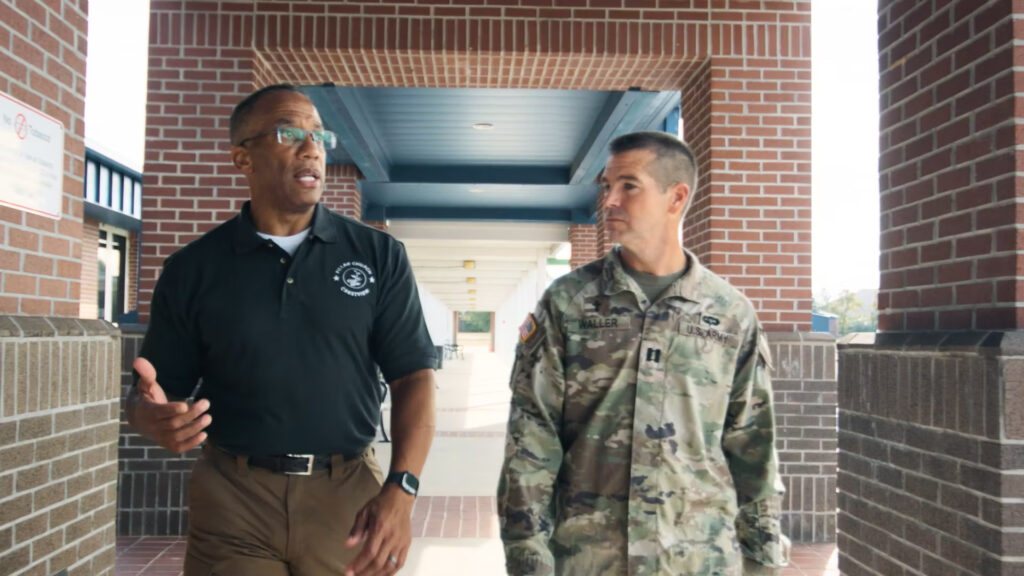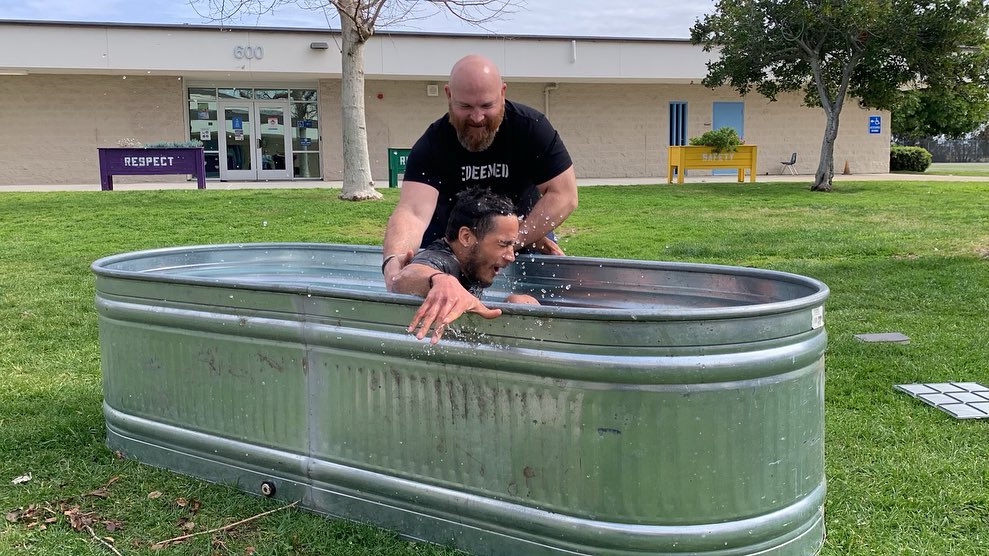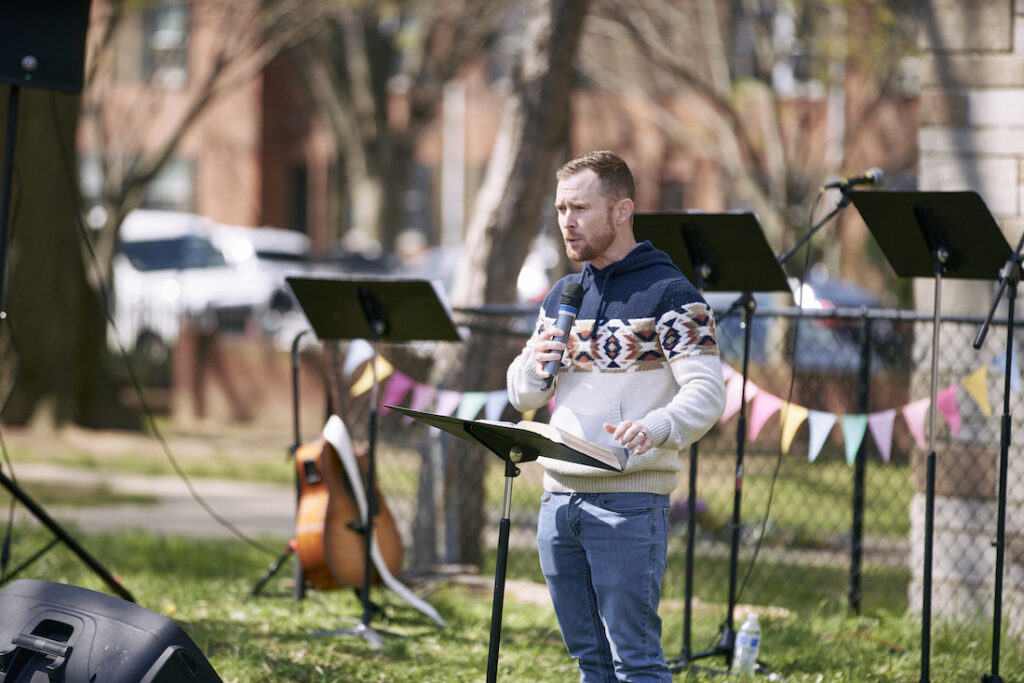David Brainerd gave his life to share the gospel with Native Americans in New York, New Jersey and Pennsylvania. In the pages of his diary, we find invaluable lessons for those of us committed to the advance of the gospel.
As church planters recruit partners to join in that wonderful mission, I think Brainerd’s life and words inspire and instruct us toward fruitfulness and faithfulness. So, I offer five principles we can glean from David Brainerd in recruiting churches to join on God’s mission of multiplication through church planting.
1. Be most passionate for God’s glory. “Oh, that I could spend every moment of my life to God’s glory.”[i] God’s great mission demands a great passion for God’s glory. It’s not enough to be passionate for the task or even the opportunity. What will drive gospel partnership with other churches is when they see, feel, and hear a church planter’s passion for God’s glory to shine more brilliantly because of this particular work.
2. Be humble. Brainerd teaches the lesson of humility. “I felt pleased to be little, to be nothing, and to lie in the dust. I enjoyed life and sweet consolation in pleading for the children of God and the kingdom of Christ in the world.”[ii] Certainly, like Jesus, show confidence in God’s sovereign purpose and glorious provision in the fulfillment of mission, but embrace the attitude of Jesus who washes feet and lets go the throne room of heaven to be servant to God, others, and the gospel (Phil. 2:5-8).
3. Be urgent and intentional for the salvation of souls. Although Brainerd did meet needs, that wasn’t his primary goal. He was burdened that those far from God would find life in Jesus. He went to the wilderness to “do something for their souls’ salvation.”[iii] When recruiting church planting partners, churches will be more intent to partner when they know that the mission is for God’s glory in the salvation of souls.
4. Be clear about needs. Brainerd was deliberate and intentional in his requests for help among gospel partners. For example, just before his death, Brainerd asked for two additional missionaries from his sending agency, and also sent a letter to a benefactor in Boston for a schoolmaster. He also included costs for each position.[iv] When recruiting church planting partners, be clear about the needs, with as much detail as possible.
5. Demonstrate commitment to the mission. Finally, Brainerd teaches us the lesson of commitment. He went on mission with his whole heart, determined to give his life. “I saw so much of the excellency of Christ’s kingdom, and the infinite desirableness of its advancement in the world, that it swallowed up all my other thoughts, and made me willing, yea, even rejoice, to be made a pilgrim or hermit in the wilderness to my dying moment.”[v] When church planters show that kind of life-commitment, the hearts of believers and churches are stirred to join them on that journey. This is the commitment that we all yearn to embrace. We will give our lives to glorify God in the advance of the gospel!
[i]Jonathan Edwards, The Life and Journal of the Rev. David Brainerd, Missionary to the Indians (Edinburgh: H. S. Baynes, 1826), 27.
[ii]Jonathan Edwards 1826: 34.
[iii]David Brainerd, The Diary of David Brainerd, vol. 1 (London: Andrew Melrose, 1902), 36.
[iv]Jonathan Edwards, The Life of David Brainerd, Missionary to the Indians: Chiefly Taken from His Own Diary, and Other Private Writings, (Edinburgh: Johnstone and Hunters, 1854), 237-38.
[v]Brainerd 1822: 312.
Published June 19, 2018




